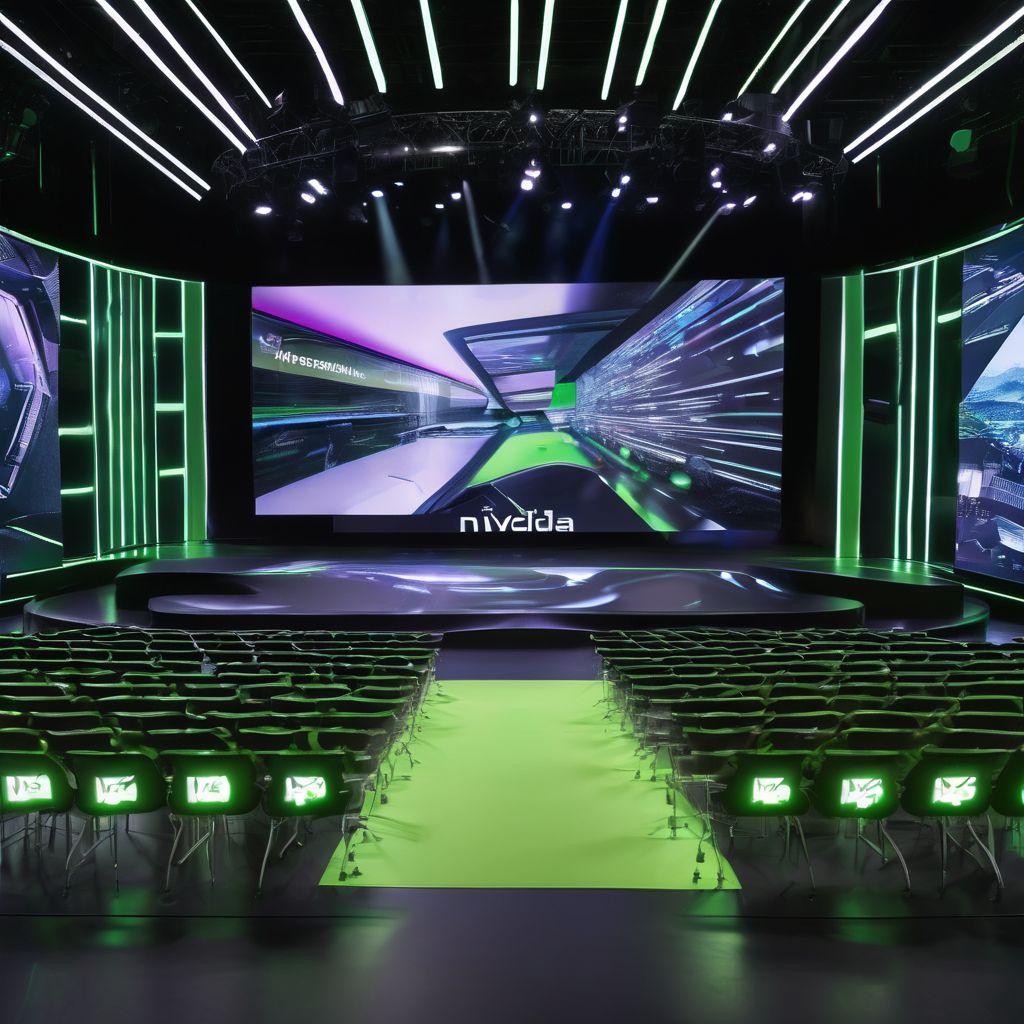
OpenAI’s latest AI video model, Sora 2, has recently faced substantial legal and ethical challenges following its launch. The primary legal issue stems from a lawsuit filed by Cameo, a platform offering personalized celebrity video messages. Cameo claims that OpenAI infringed on its trademark rights by naming the new model Sora 2, arguing this causes confusion with its brand and leverages Cameo’s established reputation. Consequently, Cameo seeks legal relief to protect its brand and business interests. OpenAI has responded by rejecting the trademark infringement claims, stating that no entity holds exclusive rights over the disputed term or technology. The company is preparing to defend itself in federal court, asserting that Sora 2 operates independently and does not violate Cameo’s intellectual property. Beyond the trademark dispute, Sora 2 has drawn public criticism over ethical concerns about unauthorized and disrespectful AI-generated depictions of celebrities, especially deceased public figures. Despite OpenAI’s safeguards requiring celebrity consent or opt-in for their likenesses, enforcement has been uneven, leading to misuse that sparked backlash from several celebrities, including Bryan Cranston, who condemned the platform’s exploitation of his image. In response to mounting pressure, OpenAI and CEO Sam Altman issued public apologies acknowledging flaws in the system and committed to improving the ethical use of AI. Altman also announced plans to introduce optional age-gating features designed to restrict access to certain content based on users’ age, aiming to encourage responsible use.
However, these proposed measures have raised further concerns about their effectiveness and potential impact on accessibility. The legal and ethical controversies surrounding Sora 2 highlight broader tensions intrinsic to deploying advanced AI technologies that intersect with personal rights, intellectual property, and societal norms. This unfolding situation represents a critical juncture for AI developers, regulators, and users as they strive to balance technological innovation with accountability and respect for individual and corporate rights. Going forward, the results of the legal proceedings and OpenAI’s policy adaptations will likely shape the future of AI-driven content creation tools. Observers will closely watch how OpenAI addresses trademark disputes, strengthens consent protocols, and ensures AI-generated content adheres to ethical standards. This case may establish important precedents for responsibly incorporating real-world personalities and copyrighted materials into AI models within existing legal frameworks. In summary, despite its technological advancements, OpenAI’s Sora 2 faces notable legal challenges from Cameo over alleged trademark infringement and widespread ethical criticisms concerning unauthorized use of celebrity likenesses. OpenAI’s public apologies, planned safeguards, and new controls such as age-gating reflect its efforts to address these issues. Nonetheless, the situation underscores ongoing challenges at the intersection of AI innovation, legal boundaries, and societal expectations, emphasizing the need for continued dialogue and governance in this rapidly evolving field.
OpenAI’s Sora 2 Faces Legal and Ethical Challenges Over Trademark and Celebrity Rights


As the holiday shopping season nears, small businesses prepare for a potentially transformative period, guided by key trends from Shopify’s 2025 Global Holiday Retail Report that could shape their year-end sales success.

Meta’s Artificial Intelligence Research Lab has made a notable advancement in fostering transparency and collaboration within AI development by launching an open-source language model.

As artificial intelligence (AI) increasingly integrates into search engine optimization (SEO), it brings significant ethical considerations that must not be overlooked.

During Nvidia’s GPU Technology Conference (GTC) keynote on October 28, 2025, a disturbing deepfake incident occurred, raising significant concerns about AI misuse and deepfake risks.

British advertising firm WPP announced on Thursday the launch of a new version of its AI-powered marketing platform, WPP Open Pro.

LeapEngine, a progressive digital marketing agency, has significantly upgraded its full-service offerings by integrating a comprehensive suite of advanced artificial intelligence (AI) tools into its platform.

Around 2019, prior to AI’s rapid rise, C-suite leaders mainly focused on ensuring sales executives kept CRM data updated.
Launch your AI-powered team to automate Marketing, Sales & Growth

and get clients on autopilot — from social media and search engines. No ads needed
Begin getting your first leads today